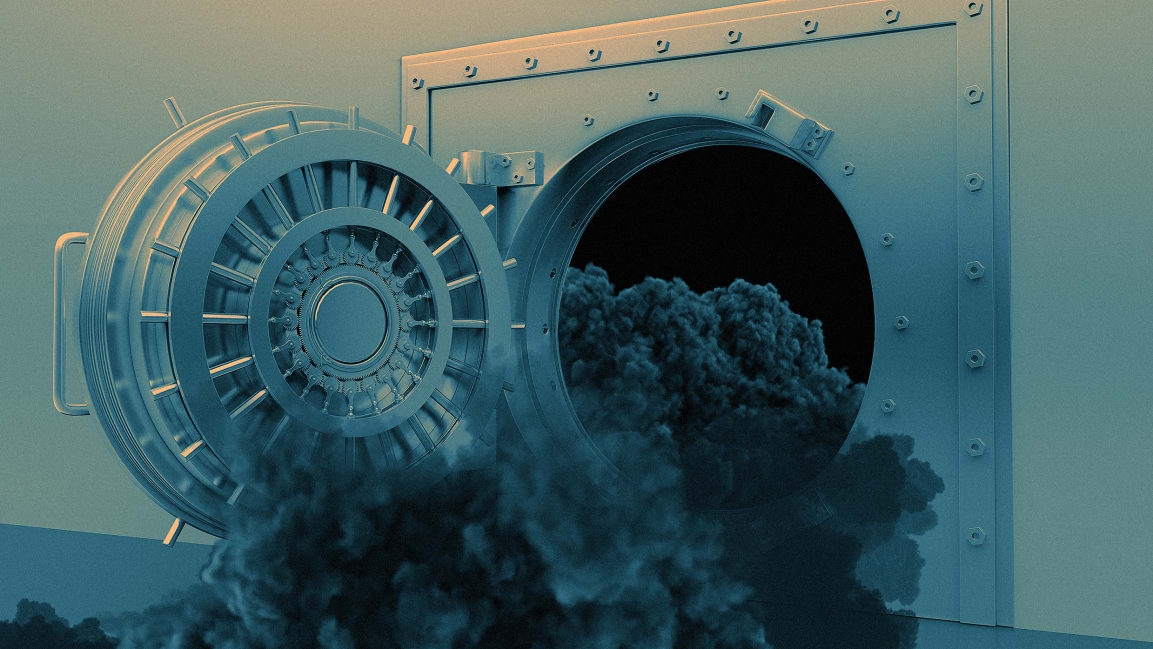Banks won’t stop funneling billions of dollars into the fossil fuel industry
Despite their claimed support for the Paris Climate Agreement, major global banks have not only continued to pour billions of dollars into the fossil fuel industry since 2015, they financed more fossil fuel extraction and infrastructure companies in 2019 than the year prior—funneling billions into new coal, oil, and gas projects even as experts warn that we need to stop burning these fuels.
A new report from a group of environmental nonprofits details how 35 international banks have not only been sustaining but expanding the fossil fuel sector with investments that total more than $2.7 trillion over the four years since the Paris Climate Agreement. Bank financing for 100 companies that are aggressively planning new coal, oil, and gas extraction and infrastructure increased 40% from 2018 to 2019, per the report.
Though banks across the world are guilty of financial fossil fuels, “The U.S. banks are the worst of the worst,” says Lucie Pinson, executive director of Reclaim Finance, a France-based research and advocacy organization that pressures financial institutions to support climate initiatives and one of the groups that coauthored the report. JPMorgan Chase was the worst offender, having invested $269 billion in fossil fuels since the Paris Agreement. JPMorgan Chase, Wells Fargo, Citi, and Bank of America together account for 30% of all fossil fuel financing from 35 global banks since 2015.
“It’s very clear that banks as a whole are all miserably failing when it comes to responding to the urgency of the climate crisis,” Pinson says. Even when these banks have policies that seem environmentally friendly—French bank BNP Paribas, for example, announced a policy in 2017 that it would no longer do business with companies who primarily produce and distribute oil and gas from shale or tar sands—it’s not enough to counter their overall monetary support of fossil fuels.
“This policy is on paper the best worldwide, and it’s actually led BNP to drastically reduce its financing to shale oil and gas sectors,” Pinson says of that 2017 decision. “However, what the report can show is that BNP increased by 72% its financing to the overall fossil fuel sector in 2019 compared to 2018.” Despite giving up those narrow parts of the fossil fuel world, BNP Paribas was still the biggest fossil fuel funder in Europe in 2019.
These banks have been “picking and choosing” which environmental steps to take, Pinson says, but “a lot of the policies that are being adopted right now are really pure green washing.” Efforts to reduce investments in specific sectors like coal are also baby steps, she adds, compared to what is needed to truly stem the tide of climate change.
For consumers who don’t want their money in banks that then funnel those funds into fossil fuels, she suggests turning to community and local banks and making sure your money is not going to support “disastrous activities.” If banks are not willing to align with the Paris Agreement, she adds, they need to be penalized. In the current economic crisis, where banks are now demanding regulators delay rules on climate change (and capital, and accounting, and more) because of the coronavirus pandemic—UK banks are specifically asking to delay climate change stress tests—Pinson says it’s even more important to focus on the overarching crisis of climate change, which is here to stay.
(20)



